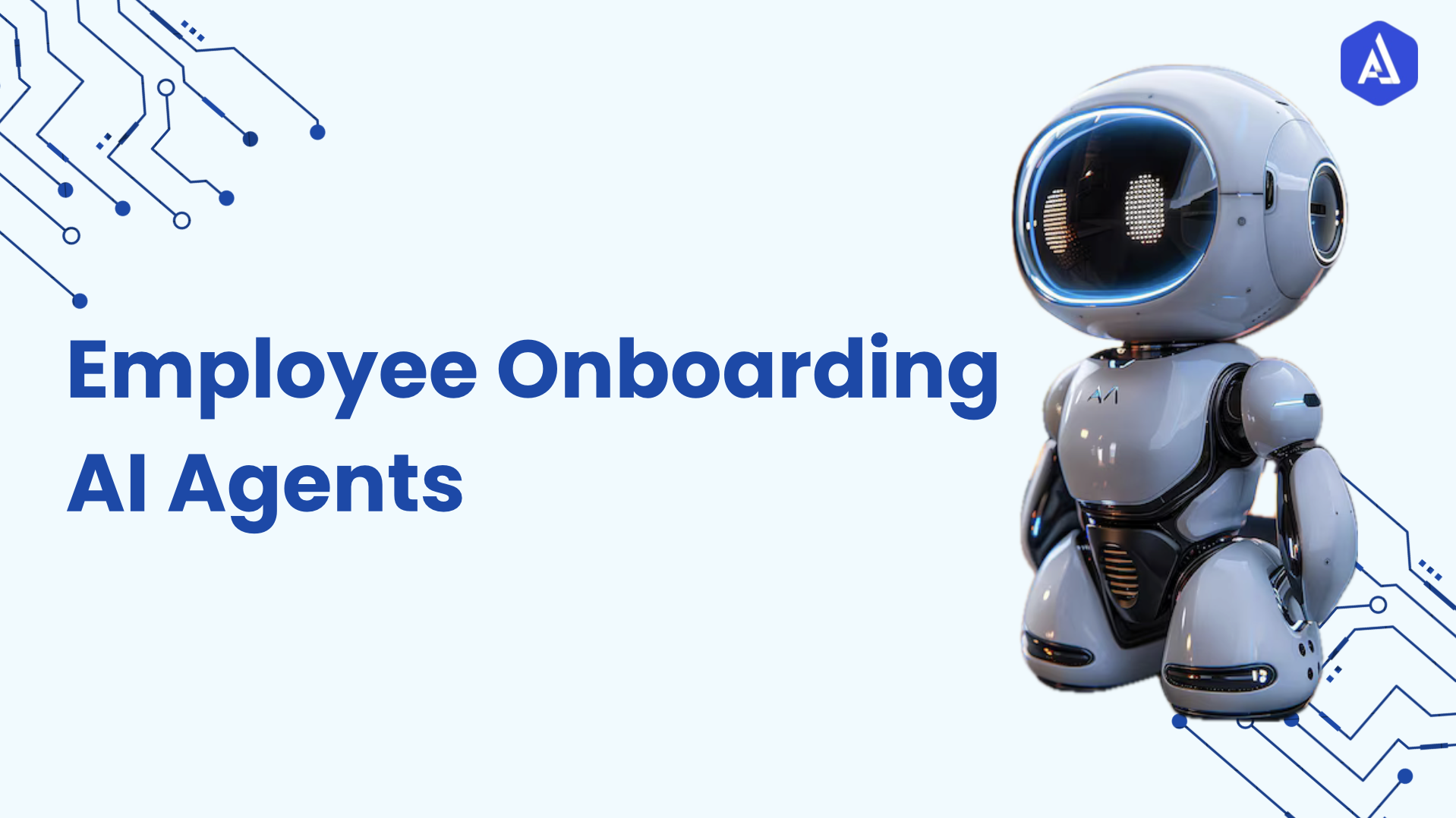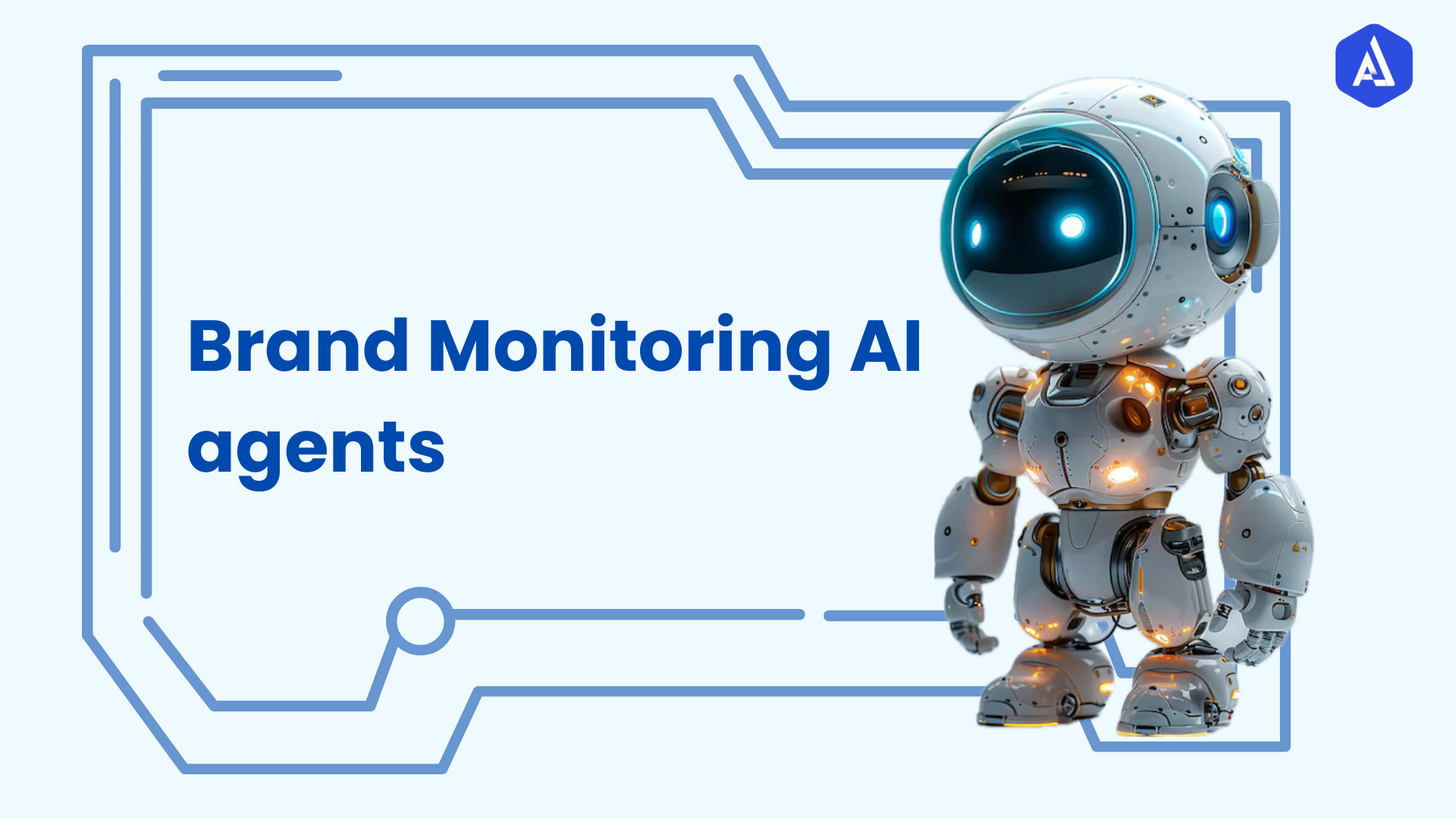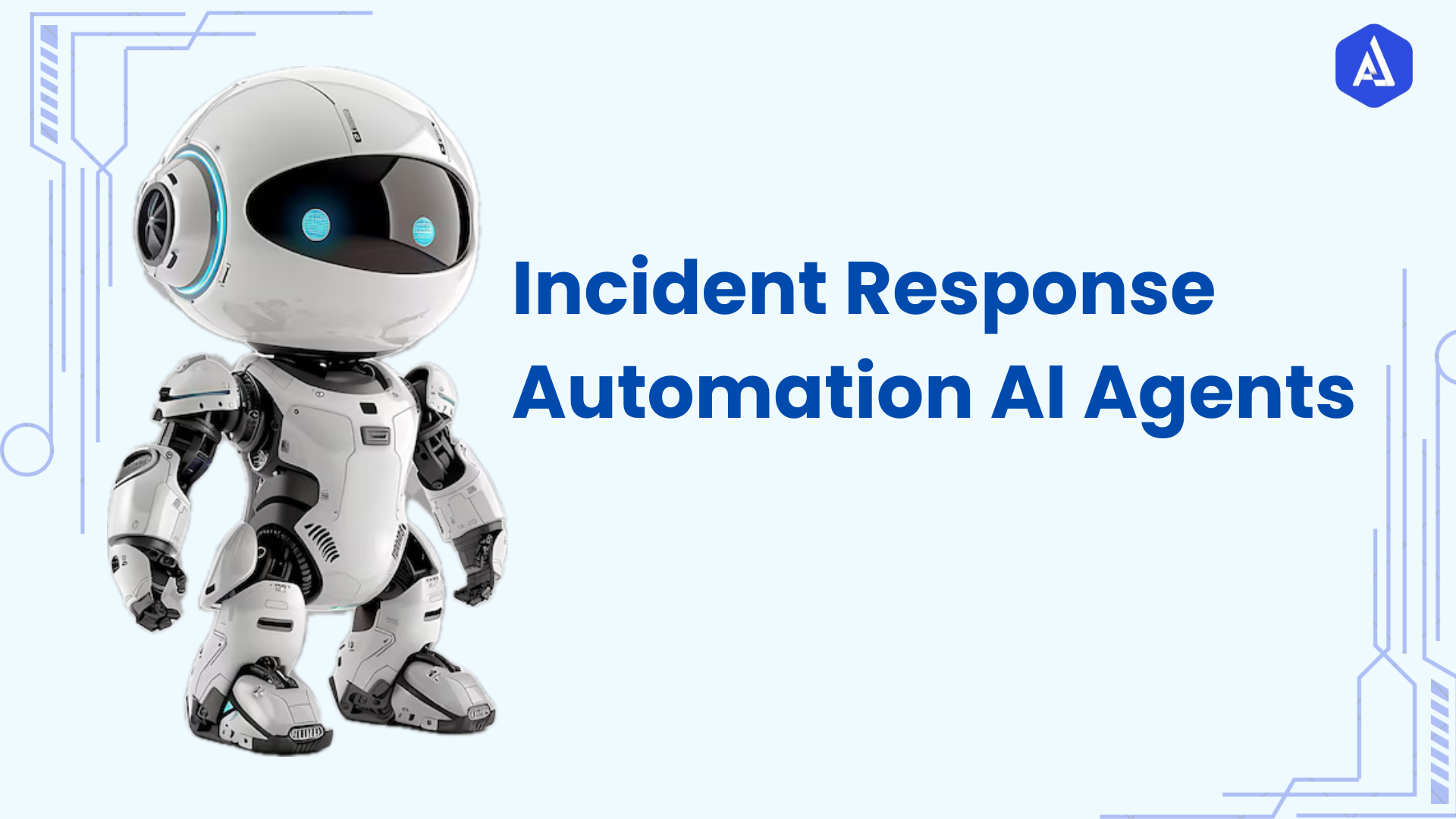Change Management Consultant AI Agents are transforming organizational transformations by automating tasks, providing data-driven insights, and adapting strategies in real time. Using machine learning and advanced analytics, these AI agents personalize approaches for different teams and continuously improve based on new data. This empowers consultants to lead more effective, efficient, and sustainable change initiatives across diverse organizational settings.
Role of Change management Consultant
Change Management Consultants help organizations through the complexities of transformation, adapting to new technology, processes and organizational structures. But they are testing their way through obstacles including how to manage enormous amounts of data, forecasting resistance, and crafting communication messaging appropriate for diverse employee audiences.
Often, these challenges become so challenging that progress is slow and opportunities are missed. AI agents in this role offer more data-driven decisions, real-time adaptations, and scaling capabilities (which frees consultants to work on the high-level strategy and human-centered change management aspects).
Primary Challenges Alleviated:
-
Data Overload: AI agents process and analyze large data sets from diverse sources, identifying trends and insights that might otherwise be overlooked.
-
Adaptability: Traditional change management strategies can become outdated during implementation. AI agents continuously adjust strategies based on real-time feedback, ensuring that the approach remains relevant.
-
Personalization: AI agents tailor change strategies to individual segments of the workforce, addressing concerns and resistance at a scale, which would be impossible manually.
-
Time-Consuming Tasks: Automating routine tasks such as creating communication plans and conducting readiness assessments allows consultants to focus on their strategic role.
About the Change management Consultant AI Agent
The intention of the Change Management Consultant AI Agent is focused on capacity building for human consultants. It seamlessly fits in with current change management frameworks and delivers actionable insights grounded in predictive analytics, in real time.
This is an AI-driven agent that uses machine learning to get better and better at its strategy and recommendation. It plays no role in replacing the services of human consultants. Instead, it augments their expertise to free them up for the more sophisticated aspects of the work — such as high-level decision-making and, importantly, the more human aspects of change.
AI acts as a complement to human judgment so that data guides the change management initiatives, which later change with the changing environment and continue with the organization’s goals.
Real-time data analysis, scenario planning, continuous feedback loops and a comprehensive approach for personalized communication strategies are its core functionality, all of which make this an integral part of any change management process.
Key Features of the Agent
-
Advanced Data Analysis: The AI agent analyzes both structured and unstructured data (e.g., employee feedback, market trends, internal communications) to uncover patterns that guide strategic decisions.
-
Real-Time Adaptation: It dynamically updates strategies based on ongoing data, ensuring that the change process remains responsive to the evolving needs of the organization.
-
Personalization at Scale: AI agents can tailor communication, training, and strategies for various employee segments, addressing unique concerns and resistance points.
-
24/7 Monitoring: The agent continuously tracks the progress of the change process, identifying potential roadblocks and optimization opportunities at any time.
-
Scenario Planning: AI agents can generate multiple potential scenarios based on historical data, evaluating risks and predicting outcomes to help consultants make more informed decisions.
-
Automated Task Handling: Repetitive tasks, such as drafting communication plans or generating training materials, are automated, allowing consultants to focus on strategy and client relations.
Use Cases
-
Retail Sector
In the retail world, AI agents are helping to bring the big shift away from brick-and-mortar stores and to e-commerce platforms by providing data-driven insights into what customers want, and what the market is absorbing. Based on customer preferences and buying patterns the AI can analyze and suggest the frequency of buying and pricing strategy.
The agent constantly monitors inventory and sales data to offer optimization in terms of plans for product offerings and helping with personalized marketing. It serves retail managers by automating the creation of communication plans, promotional campaigns and enabling consistent messaging across multiple channels.
-
Healthcare Sector
In the healthcare industry, AI agent helps organizations adapt to the desired future state of patient care models, new technology, and compliance regulation. The AI agent uses patient feedback and operational data to suggest where it would benefit service delivery.
It helps healthcare providers create training materials automatically so that staff get trained on new procedures and systems. Furthermore, AI agents also aid in scenario planning and simulation of how different changes to regulations or needs of the patients might affect the implementation of the new healthcare standards and recommend strategies for a smooth implementation.
-
Financial Services
AI agents help companies cope with the rapid change to the financial services industry that occurs due to regulation, technology, and marketplace change. They analyze real-time data to immediately share with you if there’s a shift in market trends or a change in customer preferences so you can adjust your strategies.
The AI agent can help the agent in risk assessment processes, and resource allocation as well as proposing personalized solutions for the clients. The AI automates routine reporting tasks and creates dynamic communication strategies to improve the efficiency of consultants and allow firms to maintain compliance and maintain healthy relationships with customers during change periods.
-
Education Sector
AI agents support the transition from education to digital learning environments by help in the process of integration of new technologies, curricula and teaching methods. It is in studying human behavior that AI comes in handy to the educator by analysing the student feedback and the student performance data to shape teaching strategies and curricula.
It can also play out different educational scenarios and predict outcomes for different methods or tools. AI agent automates creating of training materials, such as digital courses and teacher resources, in order to facilitate more efficiency of educators and admins on seamless integration of online learning platforms.
Considerations
Technical Challenges:
-
Data Integration: To accomplish tasks requiring diverse data, including subjects, AI agents need to use data sources that may be fragmented or inconsistent, making integration challenging.
-
Natural Language Processing: The superior interaction with employees calls for sophisticated language models capable of processing a wide variety of communication from the formal memos to informal communications, which is a difficult task for AI agents to carry out.
-
Bias and Fairness: We must design AI agents that do the opposite of inheriting some kind of bias from Historical Data. Their effectiveness crucially depends on recommendations and strategies being fair.
Operational Challenges:
-
Redefining Roles: If we introduce AI agents in the work, we can see changed organizational structures and roles, new decision-making frameworks and new cooperation between AI agents and human consultants.
-
Resistance to Change: Even like all transformations, it is possible for employees to resist adopting AI into their day-to-day workflows. Resistance to AI must be managed by these consultants that create trust in the AI agents’ capabilities and its value.
-
Continuous Learning: It needs to be updated and improved despite any new data or changing business environment. It comes with a commitment to keep the agent alive and growing.
Benefits and Values
-
Increased Efficiency: By automating time-consuming tasks such as data analysis, reporting, and task management, AI agents allow consultants to focus on strategic decision-making, improving overall productivity.
-
Cost Savings: By streamlining processes and reducing the need for extensive manual labor, AI agents can lead to significant cost reductions in change management operations.
-
Improved Accuracy: AI agents can analyze large, complex data sets with greater precision than human consultants, providing more accurate insights and predictions.
-
Enhanced Scalability: With AI agents handling routine tasks, consultants can scale their efforts across multiple projects and organizations without compromising quality or results.
Usability
-
Installation and Integration: The AI agent integrates with existing change management software tools, requiring minimal setup and configuration.
-
Customization: Consultants can customize the agent’s functionalities to align with specific organizational goals and strategies, ensuring a tailored experience for each client.
-
Training and Support: Users will receive training on how to interact with the AI agent, set up tasks, and adjust strategies based on its recommendations.
-
Troubleshooting: A dedicated support team will be available to address any technical issues, ensuring that users can continue to leverage the AI agent effectively.


